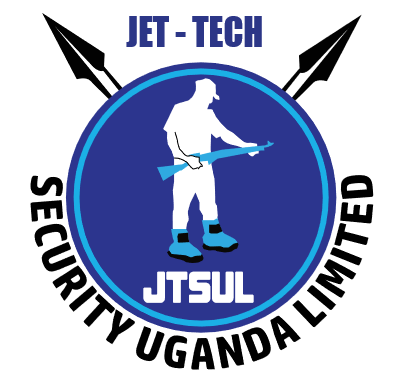Safety and Security Measures Explained in Detail
The Importance of Safety and Security in Casinos
Casinos are places of entertainment and leisure, but they also require a high level of safety and security to ensure that patrons have a safe and enjoyable experience. The primary responsibility of casinos is to provide a secure environment for their guests, which includes protecting them from crime, injury, and loss.
Physical Security yabbycasino-ca.top Measures
Physical security measures are the most visible aspect of casino safety and security. These include:
- CCTV Cameras : Casinos use CCTV cameras to monitor all areas of the premises, including gaming floors, parking garages, and surveillance rooms.
- Alarm Systems : Alarms are installed throughout the casino to detect potential threats, such as theft or violence.
- Access Control : Access control systems are used to limit access to restricted areas, such as the casino’s back offices and vaults.
- Security Personnel : Casinos employ security personnel who are trained to respond to emergencies and investigate incidents.
Surveillance Systems
Casinos use sophisticated surveillance systems to monitor their premises and detect potential threats. These systems include:
- CCTV Cameras with Facial Recognition Software : Some casinos use CCTV cameras equipped with facial recognition software to identify known individuals, such as those who have been banned from the casino.
- Motion Detection : Motion detection systems can alert security personnel to potential threats, such as a person attempting to steal something or cause harm to others.
- Pan-Tilt-Zoom (PTZ) Cameras : PTZ cameras can be controlled remotely by security personnel to track and monitor individuals.
Secure Gaming Equipment
Casinos use secure gaming equipment to prevent cheating and ensure fair play. This includes:
- Random Number Generators (RNGs) : RNGs are used in slot machines and other electronic games to generate random outcomes.
- Electronic Table Games : Electronic table games, such as blackjack and roulette, use RNGs to determine the outcome of each hand or spin.
- Security Features on Slot Machines : Some slot machines have security features that prevent players from cheating or manipulating the game.
Player Protection Measures
Casinos take steps to protect their patrons from problem gambling. These measures include:
- Self-Exclusion Programs : Self-exclusion programs allow players to voluntarily exclude themselves from gaming activities for a specified period.
- Deposit Limits : Casinos may impose deposit limits on players who are experiencing problems with their bankroll or are at risk of financial harm.
- Responsible Gaming Education : Casinos provide education and resources to help players make informed decisions about their gaming habits.
Emergency Preparedness
Casinos must be prepared for emergencies, such as natural disasters, power outages, or security breaches. To ensure business continuity, casinos:
- Have Emergency Response Plans in Place
- Conduct Regular Drills and Training Exercises
- Maintain a Business Continuity Plan
Regulatory Compliance
Casinos must comply with regulations and laws that govern their operations. This includes:
- Licensing Requirements : Casinos must obtain licenses to operate from the relevant regulatory bodies.
- Anti-Money Laundering (AML) Regulations : Casinos are required to implement AML procedures to prevent money laundering activities.
- Data Protection Laws : Casinos must comply with data protection laws, such as GDPR, when handling player data.
Conclusion
Casinos have a responsibility to provide a safe and secure environment for their patrons. By implementing robust safety and security measures, casinos can minimize the risk of crime, injury, or loss, and ensure that players have a enjoyable experience.

